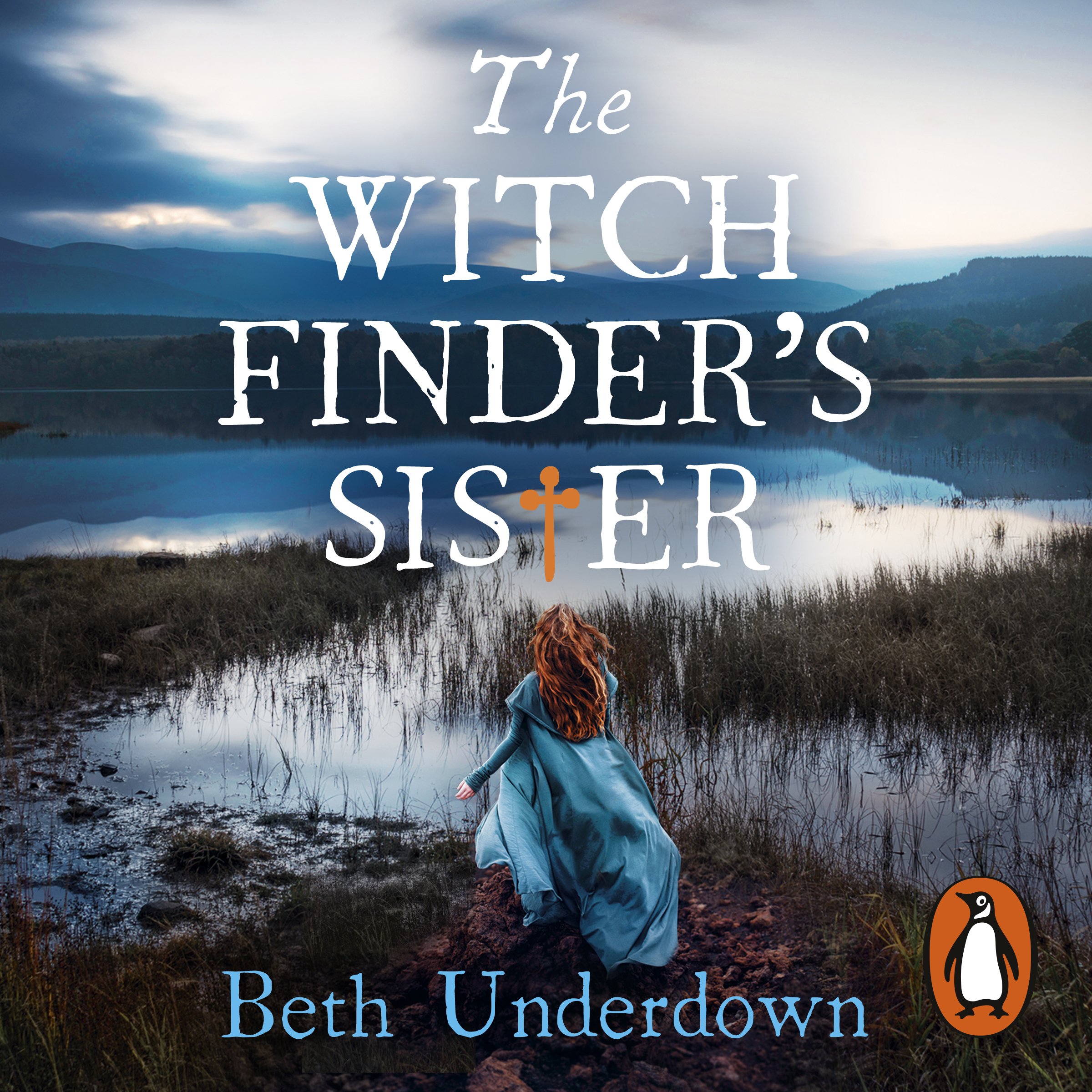What do you think?
Rate this book


11 pages, Audible Audio
First published March 2, 2017
The number of women my brother Matthew killed, so far as I can reckon it, is one hundred and six...
1645. When Alice Hopkins' husband dies in a tragic accident, she has no choice but to return to the small Essex town of Manningtree, where her brother Matthew still lives.
But home is no longer a place of safety. Matthew has changed, and there are rumours spreading through the town: whispers of witches, and of a great book, in which her brother is gathering women's names.
To what lengths will her brother's obsession drive him?
And what choice will Alice make, when she finds herself at the very heart of his plan?